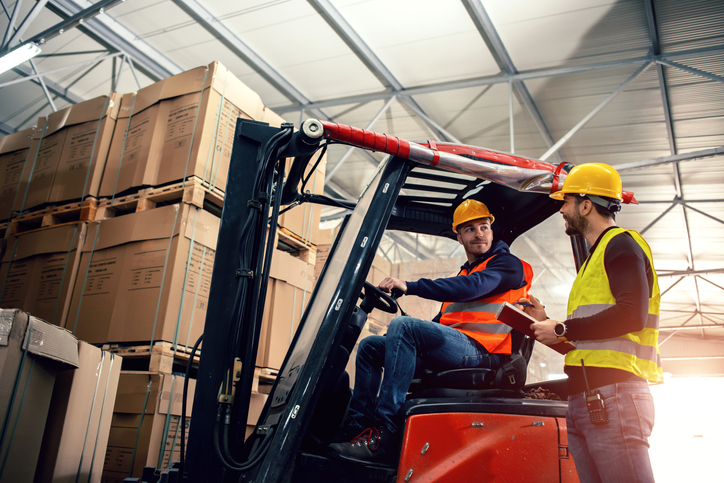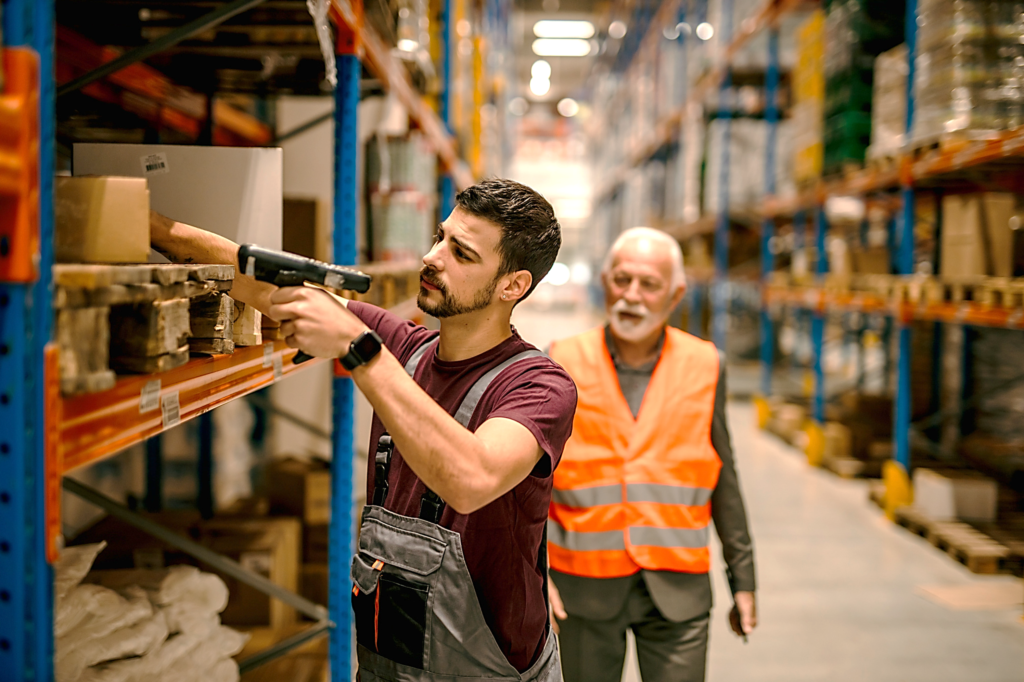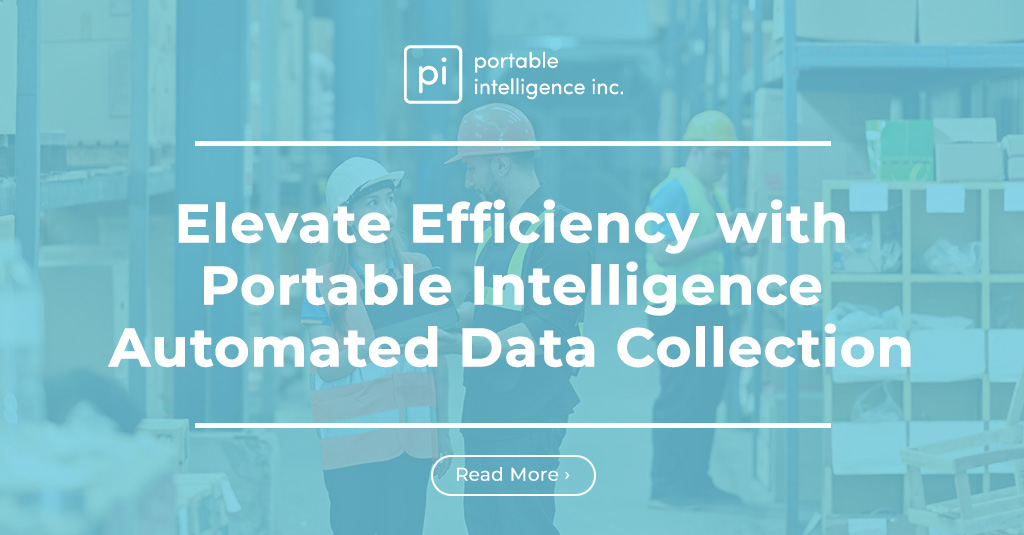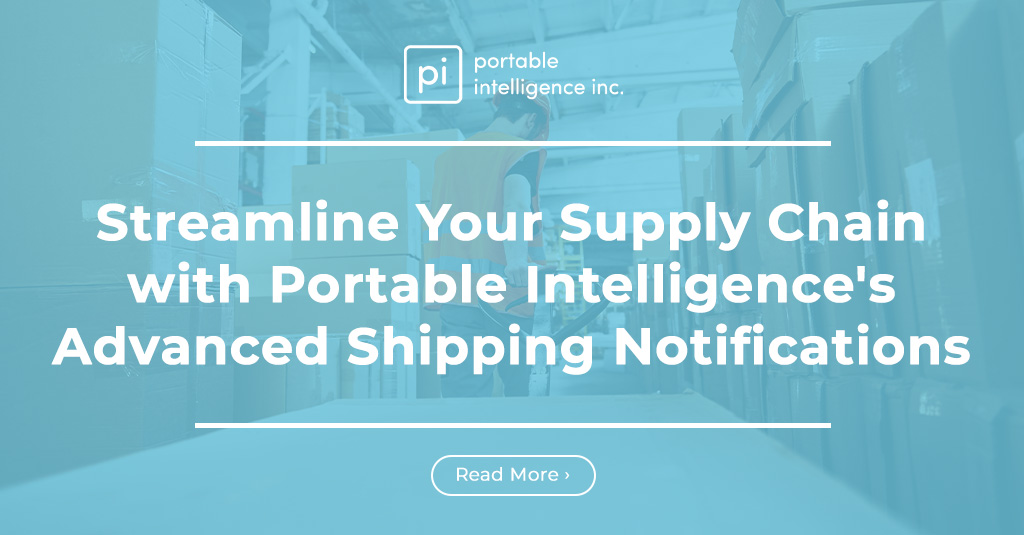Artificial Intelligence (AI) refers to the development of computer systems that are capable of performing tasks that would normally require human intelligence, such as visual perception, speech recognition, decision-making, and language translation. The technology has rapidly grown in recent years, and it has the potential to change the way we live and work.
Warehouses are an essential component of the supply chain, playing a crucial role in the storage and distribution of goods. The increasing demand for fast and efficient delivery of goods has put pressure on warehouses to optimize their operations. To meet these demands, warehouses are turning to AI for help.
The role of artificial intelligence in warehouses has become increasingly significant in recent years, revolutionizing the way warehouses operate and improving efficiency and accuracy. The use of AI in warehouses has not only streamlined operations, but it has also increased productivity, reduced costs, and improved the overall customer experience. In this post, we will examine the benefits, applications, and limitations of artificial intelligence in warehouses.
The Benefits of Artificial Intelligence in Warehouses
Artificial Intelligence has several benefits in warehouses, including improved inventory management, enhanced order fulfillment, better decision-making, and increased productivity.
- Improved Inventory Management – AI can be used to track inventory levels, manage stock levels, and optimize stock management processes. The technology can analyze data on past sales, inventory trends, and customer demand, to help determine the right amount of stock to keep on hand. This results in reduced stock-outs, lower holding costs, and improved customer satisfaction.
- Enhanced Order Fulfillment – AI can help improve the accuracy and speed of order fulfillment by automating processes, reducing the chance of human error, and optimizing the picking and packing process. The technology can also assist with demand forecasting, reducing the need for overstocking and freeing up space in the warehouse.
- Better Decision-Making – AI can analyze data from multiple sources, including sales data, inventory levels, and shipping times, to help warehouses make better decisions. This can result in improved operational efficiency, reduced costs, and improved customer satisfaction.
- Increased Productivity – The use of AI in warehouses can improve the overall speed and efficiency of operations, freeing up employees to focus on higher value tasks, such as customer service, and reducing the need for manual labor. This can result in improved productivity, reduced costs, and improved customer satisfaction.
Applications of Artificial Intelligence in Warehouses
The use of artificial intelligence in warehouses has several applications, including Inventory Management Systems, Order Fulfillment Systems, Robotics Process Automation, and Predictive Maintenance.
- Inventory Management Systems – AI can be used to track inventory levels and manage stock levels in real-time, providing accurate and up-to-date information on inventory levels and trends. The technology can help improve the accuracy of inventory management, reducing the chance of stock-outs and overstocking.
- Order Fulfillment Systems – AI can be used to optimize the order fulfillment process, from picking and packing to shipping and delivery. The technology can help improve the accuracy of order fulfillment, reducing the chance of errors and improving customer satisfaction.
- Robotics Process Automation – AI can be used to automate manual tasks in warehouses, freeing up employees to focus on higher value tasks and reducing the need for manual labor. The technology can help improve operational efficiency, reduce costs, and improve customer satisfaction.
- Predictive Maintenance – AI can be used to predict when equipment and machinery in warehouses will need maintenance, reducing the chance of unexpected downtime and improving operational efficiency. The technology can help improve the accuracy of maintenance planning, reducing costs and improving customer satisfaction.
Limitations of Artificial Intelligence in Warehouses
Despite its many benefits, the use of artificial intelligence in warehouses also comes with several limitations, including cost, complexity, dependence on data quality, and human interference.
- Cost – Implementing AI in warehouses can be a significant investment, and for smaller companies, it may not be feasible. The cost of AI systems, including hardware and software, can be substantial, and there may be additional costs associated with training employees and integrating the technology into existing systems.
- Complexity – AI systems can be complex to implement and maintain, requiring specialized knowledge and skills. The technology may also require frequent updates to keep up with changing business requirements and technology advancements.
- Dependence on Data Quality – AI systems rely on high-quality data to make accurate decisions, and if the data is inaccurate or incomplete, the system may not produce the desired results. This can result in poor decision-making, reduced efficiency, and increased costs.
- Human Interference – Although AI systems can automate many manual tasks, they may also require human intervention, especially in complex and unusual situations. This can result in reduced efficiency, increased costs, and reduced customer satisfaction.
The Future of Artificial Intelligence in Warehouses
As technology continues to advance, the role of artificial intelligence in warehouses will become even more significant. The use of AI in warehouses is expected to grow, resulting in more efficient and accurate operations, improved customer experiences, and reduced costs.
Advances in robotics and machine learning are expected to further automate the warehouse process, reducing the need for manual labor and improving operational efficiency. AI systems are expected to become more sophisticated, capable of handling more complex tasks, and providing more accurate and actionable insights.
The rise of e-commerce is also driving demand for more efficient and accurate warehouse operations. AI is expected to play a critical role in meeting these demands, providing fast and reliable order fulfillment and delivery. As the demand for fast and efficient delivery continues to grow, the use of AI in warehouses is expected to grow along with it.
In conclusion, the future of artificial intelligence in warehouses looks bright, and it is expected to play an increasingly significant role in the storage and distribution of goods. As technology continues to advance, we can expect AI to revolutionize the way warehouses operate and improve the overall customer experience.





